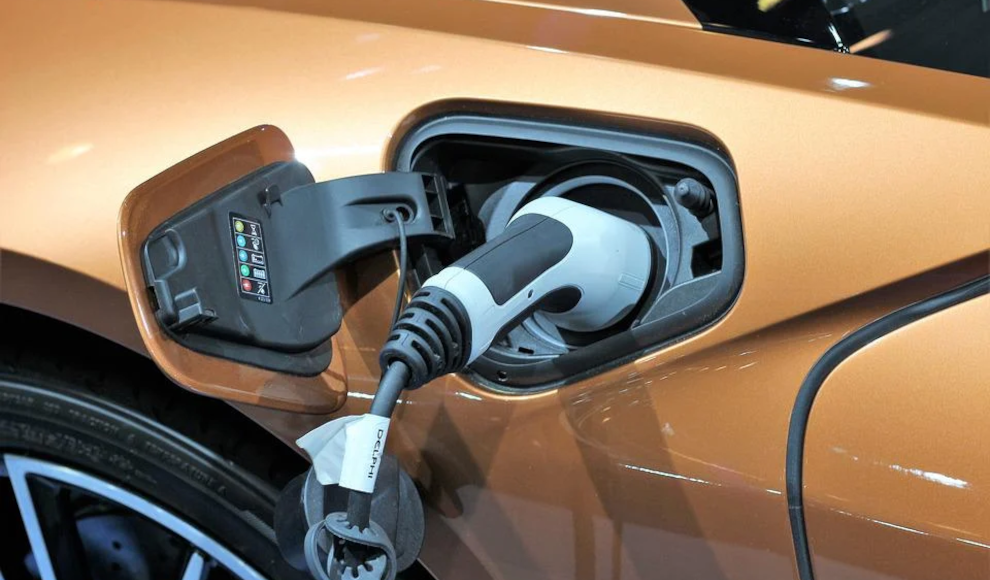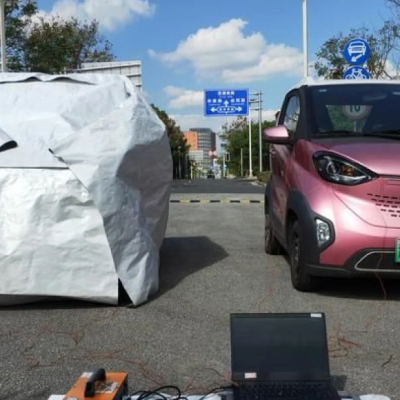Chinese scientists from the University of Science and Technology of China (USTC) have developed a new technology that allows lithium-ion batteries to be charged in record time. The new technique can be integrated into standard lithium-ion batteries, and according to a publication in the Science Advances journal, it can charge batteries to 60% in under six minutes. The researchers believe that their method is a breakthrough for the development of better electric cars. The US Department of Energy’s (DOE) fast-charging goal of ten miles (16 kilometers) per minute could also be achieved with the new lithium-ion batteries. The scientists focused on the anode, one of the two electrodes in a lithium-ion battery, which is particularly interesting in research because it can bring significant performance advantages, including significantly faster charging and holding significantly more energy.
The scientists explained that the charging performance of current batteries can be increased by a factor of ten if the anode is made of pure lithium metal instead of a mixture of copper and graphite. In addition, the charging performance and capacity of a battery can be increased by introducing experimental nanospheres into the anode. In this case, however, the researchers improved the standard anode made of copper and graphite by developing an architecture structure with scattered graphite particles. The idea was to systematically organize the previously disordered structure of the anodes to optimize charging. In addition to the optimal distribution of graphite particles, the developers integrated a copper coating and copper nanowires into the anode, which were produced using heat and cooling treatments. This resulted in an anode that can be installed in a standard lithium-ion battery, which can then be charged to 60% in 5.6 minutes and 80% in 11.4 minutes.
The new technology is a significant breakthrough in the development of better electric cars and could also have a significant impact on the energy storage industry. The ability to charge batteries in record time could make electric cars more practical and appealing to consumers, and it could also make energy storage systems more efficient and cost-effective. The researchers’ focus on the anode is also significant because it could lead to further improvements in battery performance and energy storage. The new technology is still in the experimental stage, but it has the potential to revolutionize the way we use and store energy.










